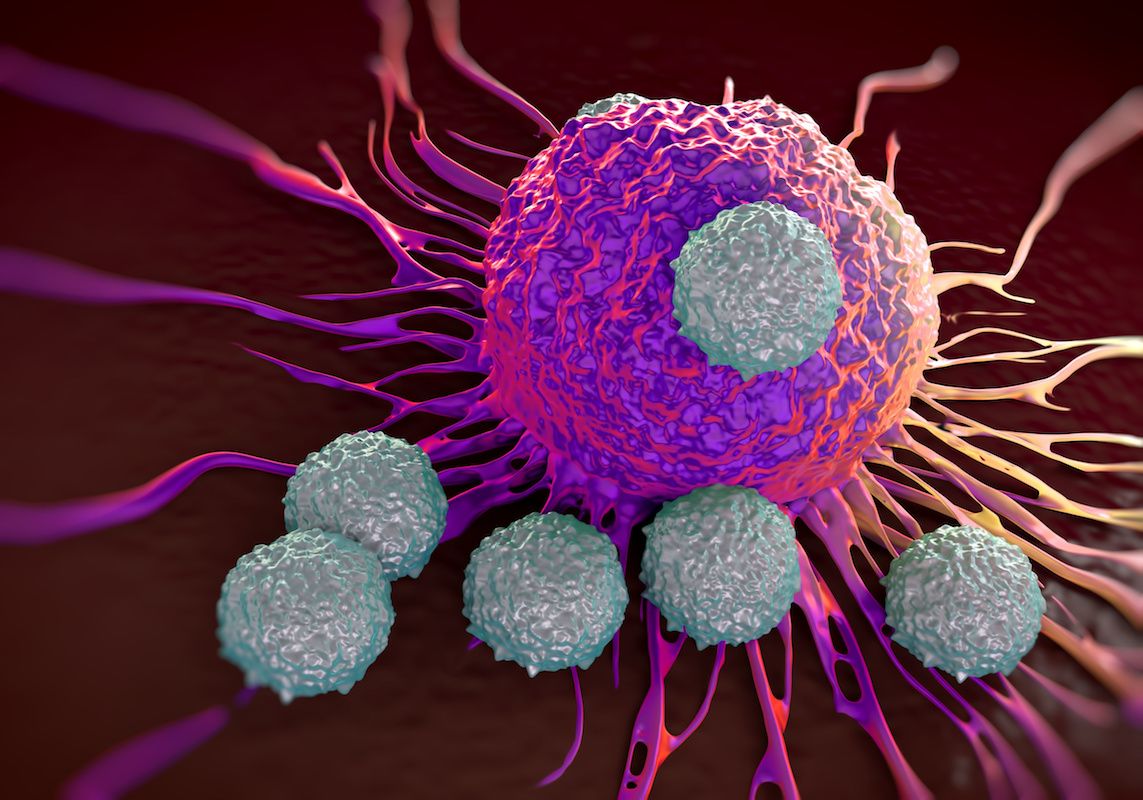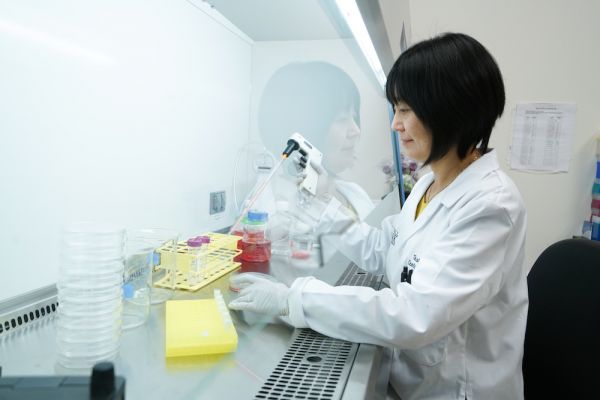Last month’s Patient Education article introduced you to the different parts of your immune system and described how they work together to keep you healthy by getting rid of pathogens (agents that cause disease) and abnormal cells (such as cancer cells). Now let’s talk about what happens when the immune system is disabled by cancer, and explore some treatments that can support, boost or reactivate the immune system.
How Cancer Fools the Immune System
How does cancer outsmart your immune system? Here are a few theories:
- Your immune system attacks “foreign invaders” — cells or organisms it does not recognize. Cancer cells start out as normal cells. If the changes (mutations) in the cell do not make it seem “foreign” to the immune system, the cancer cells can grow and multiply without being attacked.
- Cancer cells can turn off your body’s natural immune response and suppress the activity of local immune cells (which protect a specific organ or other part of the body). Within a tumor, the cancer cells can create an environment that interferes with the effectiveness of the immune response.
- Immunoediting is the theory that, as far as the immune system goes, there are three stages of tumor growth:
- Expansion: The tumor grows and eventually comes to the attention of the immune system. Under normal circumstances, cell growth and reproduction are controlled activities. But as the cells mutate into cancer cells, the control switch gets turned off, and cell growth and reproduction explode. Eventually the abnormal cells will begin to produce abnormal antigens. The immune system detects these abnormal antigens and attacks the cancer cells.
- Equilibrium: Now the cancer cells and the immune system battle it out. The tumor may be destroyed or just go dormant (not growing, inactive).
- Escape: While dormant, the tumor undergoes more mutations. In an effort to escape destruction, the cancer cells stop making the abnormal antigens. If they succeed, then they can grow again — this time undetected by the immune system.
In these circumstances, there is nothing “wrong” with the immune system; it is just unaware of the problem. It’s like fire trucks sitting in the station, gassed up and ready to go — but an alarm must go off before they can go to the scene and work to put out the fire.
Never miss another Cancer Talk blog!
Sign up to receive our monthly Cancer Talk e-newsletter.
Sign up!Treating Cancer with Immunotherapy
What can be done when cancer is able to hide from your immune system or block the immune response, or if it just isn’t strong enough to kill all the cancer cells? Immunotherapy (also called biological therapy) helps to strengthen or restore the immune system’s ability to fight cancer. It is used to:
- Stop cancer from metastasizing (spreading to other parts of the body)
- Make the immune system more efficient at killing cancer cells
- Slow or stop cancer growth
- Deliver chemotherapy medications or radiation therapy directly to the cancer cells
There are several different types of immunotherapy for treating cancer. Learn about the treatments offered by Roswell Park’s Division of Translational Immuno-Oncology and how they work.
Preventive Vaccines to Protect You Against Cancer
We tend to think of vaccines as ways of helping your immune system provide long-lasting protection against infectious diseases such as measles. But some vaccines can also protect you against cancer — by protecting you against specific viruses that can cause cancer.
A vaccine called Gardasil® 9 protects against the human papillomavirus (HPV), which causes more than 90% of cervical cancers, as well as vaginal, vulvar, penile, anal, and head & neck cancers. The vaccine has proven so successful in protecting people from ages 9-26 that it has just been approved by the FDA for use in adults up to age 45.
Another vaccine protects against Hepatitis B virus (HBV), which can cause liver cancer.
Studies are underway to develop other vaccines that can prevent cancer, lessen its severity or tendency to spread, or prevent recurrence.
For More Information About Immunotherapy
- Immunotherapy to Treat Cancer (National Cancer Institute)
- Biological Therapies for Cancer (National Cancer Institute); includes information about vaccines.
- Cancer Vaccines (Canadian Cancer Society)
- Vaccines (Shots) (CDC Cancer Prevention and Control)
- HPV and Cancer (National Cancer Institute)

